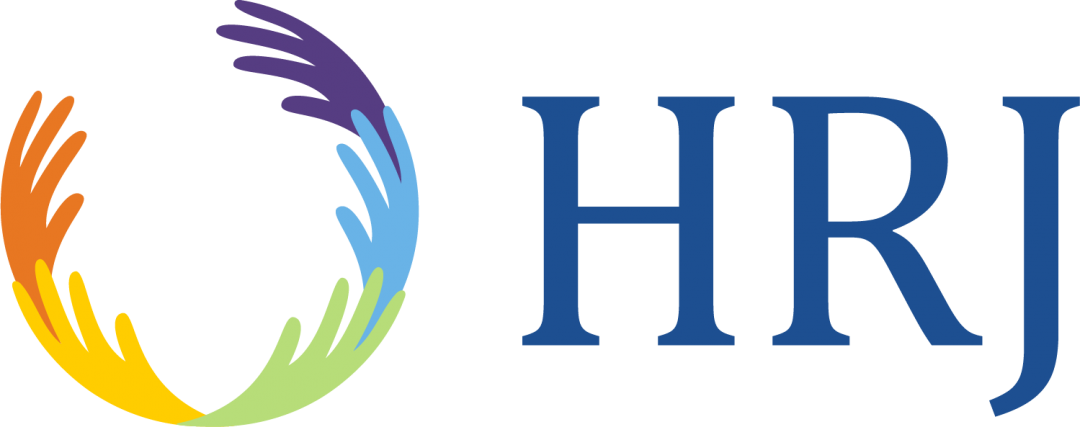
Giving Immediate Assistance
To people who are economically disadvantaged, vulnerable, sick or facing immediate threat
Our Donors invest in food, shelter, safety, access to health care, basic literacy and crisis intervention efforts.
Access to Care
Health impacts almost every aspect of life. Our Donors believe removing barriers and increasing access to care are the first steps toward positive outcomes.
Efforts may include:
Immediate access to care (dental, mental and physical)
Assessment, diagnostic evaluation and referral
Treatments designed to manage chronic disease
Suicide prevention and crisis mental health intervention
Detox and street-level responses
Essential Skills
Essential skills are fundamental to a person’s full participation in society—they pave the way to education, health and economic self-sufficiency. Our Donors believe in the vital importance of skills like basic literacy, numeracy and problem-solving.
Supported efforts may include:
Building functional literacy skills
Building the basic literacy, numeracy and technology skills required to perform practical tasks associated with everyday life
Foundational Supports and Services
A brighter future can seem impossible when basic human needs like food, clothing and safe shelter are unmet. Our Donors believe in providing for the safety and survival of those most in need.
Supported efforts may include:
Short-term financial assistance
Access to legal services
Medications and medical equipment
Transportation and necessary tools
Personal identification, safe banking and filing taxes
Want to connect?
Reach out! Our staff are available to answer questions, discuss eligibility and assess potential fit. Contact us at hello@hrjconsulting.com
